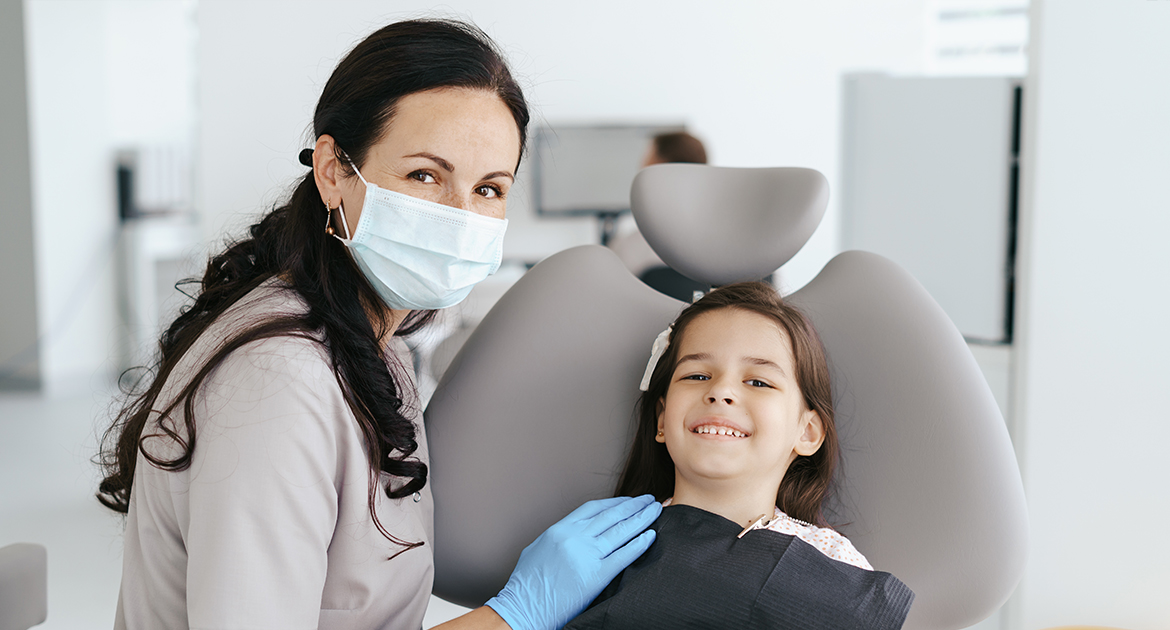
Safe & Comfortable Sedation Dentistry for Children
Some children experience dental anxiety or have difficulty sitting still during procedures. At Caring Dental in Herndon, VA, Dr. Ashraf Adam offers safe and effective dental sedation to ensure a stress-free, pain-free experience for young patients.
Sedation helps children relax, reduces fear, and is especially beneficial for those with special healthcare needs or involuntary movement conditions.
When Is Dental Sedation Needed?
1. Anxiety & Fear of Dental Procedures
Sedation helps calm nervous children, making treatments more comfortable.
2. Long or Complex Dental Treatments
For extensive procedures, sedation ensures the child stays relaxed and still.
3. Involuntary Movements
Children with movement disorders benefit from sedation to stay steady during treatment.
4. Special Healthcare Needs
For children with sensory sensitivities or medical conditions, sedation provides a safer and more comfortable experience.
Types of Pediatric Dental Sedation
1. Inhaled Sedation (Nitrous Oxide / Laughing Gas)
✔ Mild, safe, and wears off quickly
✔ Helps children relax while staying awake
✔ Ideal for mild anxiety or shorter procedures
2. Oral Sedation
✔ Given in liquid or pill form before treatment
✔ Keeps children relaxed and drowsy but responsive
✔ Recommended for moderate dental anxiety
3. IV Sedation
✔ Administered by a trained anesthesiologist
✔ Deep relaxation for longer or complex procedures
✔ Ideal for children with extreme dental anxiety
Schedule an Appointment!

